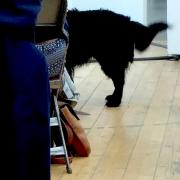
Around 80 people gathered on Tuesday evening for the Edinburgh North and Leith General Election hustings, organised by Leith Central Community Council. In the chair was Keith Anderson, CEO of the Port of Leith Housing Association.
The next day, Annandale Mosque hosted a second hustings, rescheduled because of the Manchester bombing. The meeting was chaired by imam Shaykh Hassan Rabbani, with about 50 people in attendance. Photos accompanying this report come from both meetings.
Below is a summary of the LCCC meeting. Much of the ground covered here was repeated on Tuesday, with rather too much irrelevant discussion of matters devolved to the Scottish Parliament. However, the second meeting (live-streamed and now available in two parts here, dated 31 May) was growlier and got onto non-domestic matters such as foreign policy and international terrorism.
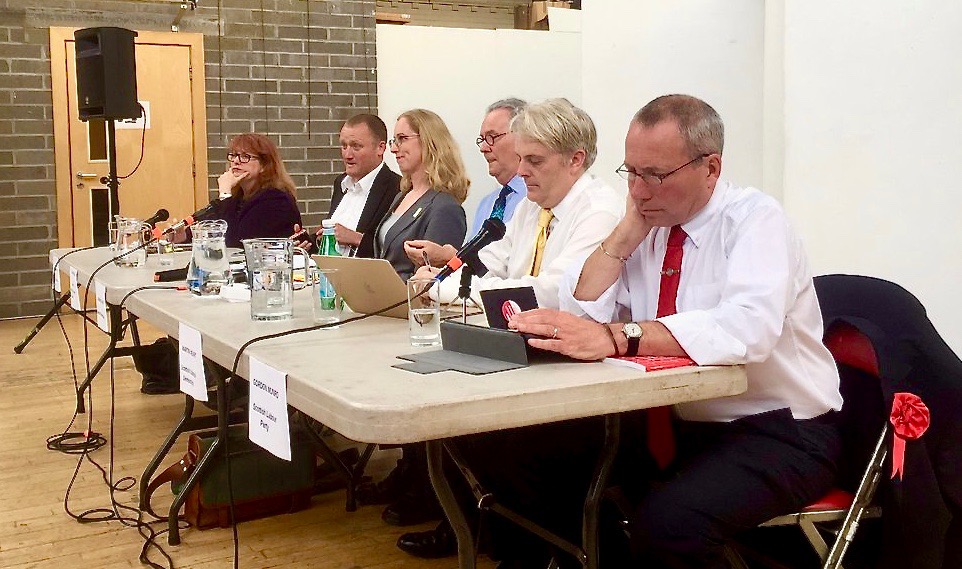
General impressions
Iain McGill (IM) was at pains to pitch this election as essentially a contest between the SNP and the Tories, with no second independence referendum and strong leadership in Brexit negotiations being the most important issues. His message was simple, consistent, un-nuanced and often repeated (to the irritation of both audiences). Whilst usually delivered with good humour and a smile, in the face of none too gentle hostility from many listeners his approach boiled down to like-it-or-lump it.
Gordon Munro (GM) said voting for Labour is the only realistic option if you want to prevent further Conservative government. Conviction evident in occasionally tub-thumping delivery. Spurtle annoyed at both meetings by his reading aloud and at length from a tablet. Much of his impressive memory-based knowledge – particularly on levels of poverty – derived from longstanding experience as a local councillor in Leith, but he offered little comparable detail or vision for the rest of the constituency.
Deidre Brock (DB) said the SNP offered the prospect of more flexibility for Scotland in Europe, and would continue to be the only effective opposition to Tory austerity. She mostly maintained the demeanour of a sensible older sister who, having learned much in the wider world, had now returned home to bestow benevolence, calm and wisdom upon her younger siblings. You could hear their teeth grinding a mile off. In the second hustings, McGill’s artfully disguised goads, questioning of her statistics, and a Labour heckler teasing SNP pretensions to be the official Opposition, began to get under her skin. All of a sudden it was like a normal family teatime.
Lorna Slater (LS) is fighting to introduce Green issues into national discourse, issues (predominantly climate change-related) which she says dwarf inter-party squabbles in terms of their long-term consequences for our species. Although, realistically, her chances of election are slim, she came across as committed, on top of her brief, and good at explaining radical solutions for problems which often strike others as too big or too daunting to address. She was keen to put green water between herself and the SNP. An air of polite, straight-backed Canadian reasonableness hung about her, and she attracted no flack from audience members or fellow candidates.
Martin Veart (MV) said the LibDems are the only party offering Britons a second chance to vote on the Brexit deal. Aside from this main thrust, he clearly articulated LibDem policy on a range of issues whilst showing an admirably independent mind on fracking, based on personal research. His angry contempt for xenophobia stemmed in part from his Anglo-Irish family background, and his empathy for the predicament of unemployed people was informed by the curtailment of his own career in 2015. At one remove from the infighting between SNP, Conservatives and Labour, he came over as a warm and rational observer.
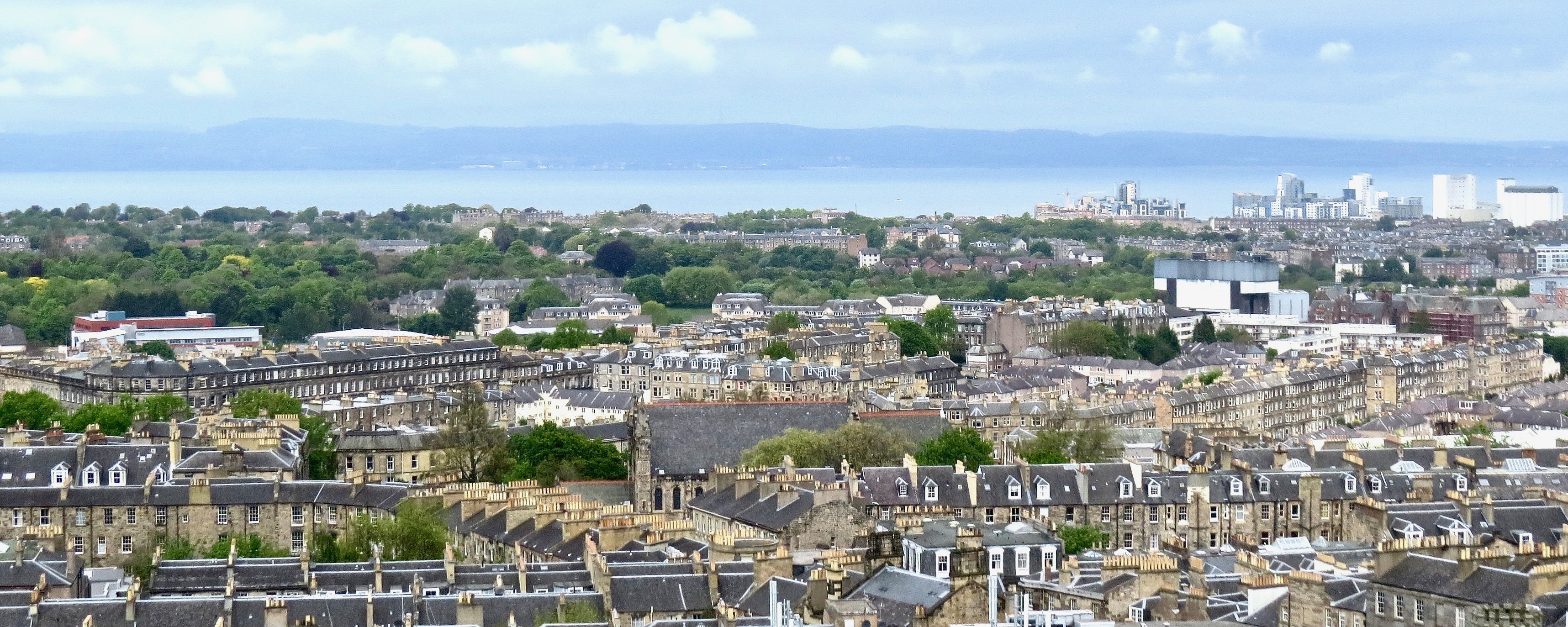
Both meetings lasted roughly two hours. They began with short, uninterrupted self-introductions, most of which were met with courteous rather than ecstatic applause …
Deidre Brock (SNP): As an MP I’ve have been busy (particularly in the last 6 months) helping constituents overcome the effects of the Home Office’s ‘stringent restrictions’ on people wishing to settle in Scotland. Also worked hard to assist those hit by ‘Tory attacks’ on pensions and benefits. Am appalled but not surprised by this, given Conservative Party’s uncaring track record. Jeremy Corbyn is a very decent man but is not in control of his party. SNP is the only real opposition in Westminster.
Iain McGill (Con): A local lad and local resident who has stood for election locally three times. The party is growing stronger in Scotland, as shown in most recent Holyrood and local-authority elections. We don’t need another divisive referendum, and this election is the last chance we’ll get to tell Nicola Sturgeon to ‘get back to the day job’. This election is ‘a straight choice between the Conservatives and the SNP’.
Gordon Munro (Lab): This General Election is ‘a straight choice between a Labour Government or a Tory Government’. Am pleased to stand in the place of my birth with a fantastic manifesto standing up for the many not the few. Child poverty stands at 26% in the Leith (local-authority) ward (above the national average), and there are 3,700 people here in poverty. Labour will stand up for pensioners by securing the triple lock on their value.
Lorna Slater (LS): I’m not a career politician, I’m an electro-mechanical engineer. But Parliament needs all sorts of people with varied experience. I’m a local resident, and want to inject Green issues into this election, especially: (a) reform of ‘chaotic and cruel’ welfare system; (b) creating 200k new, sustainable jobs.
Martin Veart (MV): I too am an engineer. This election has been caused by Brexit, on which the LibDems want to give people a second chance to vote. Theresa May (PM) wants the hardest kind of Brexit, regardless of its effects, and says this election is about her potential leadership. Her leadership so far has been marked by changeability over National Insurance and how much the elderly should pay for social care. I want to prioritise housing so that more young people can buy after about 13 years’ renting.
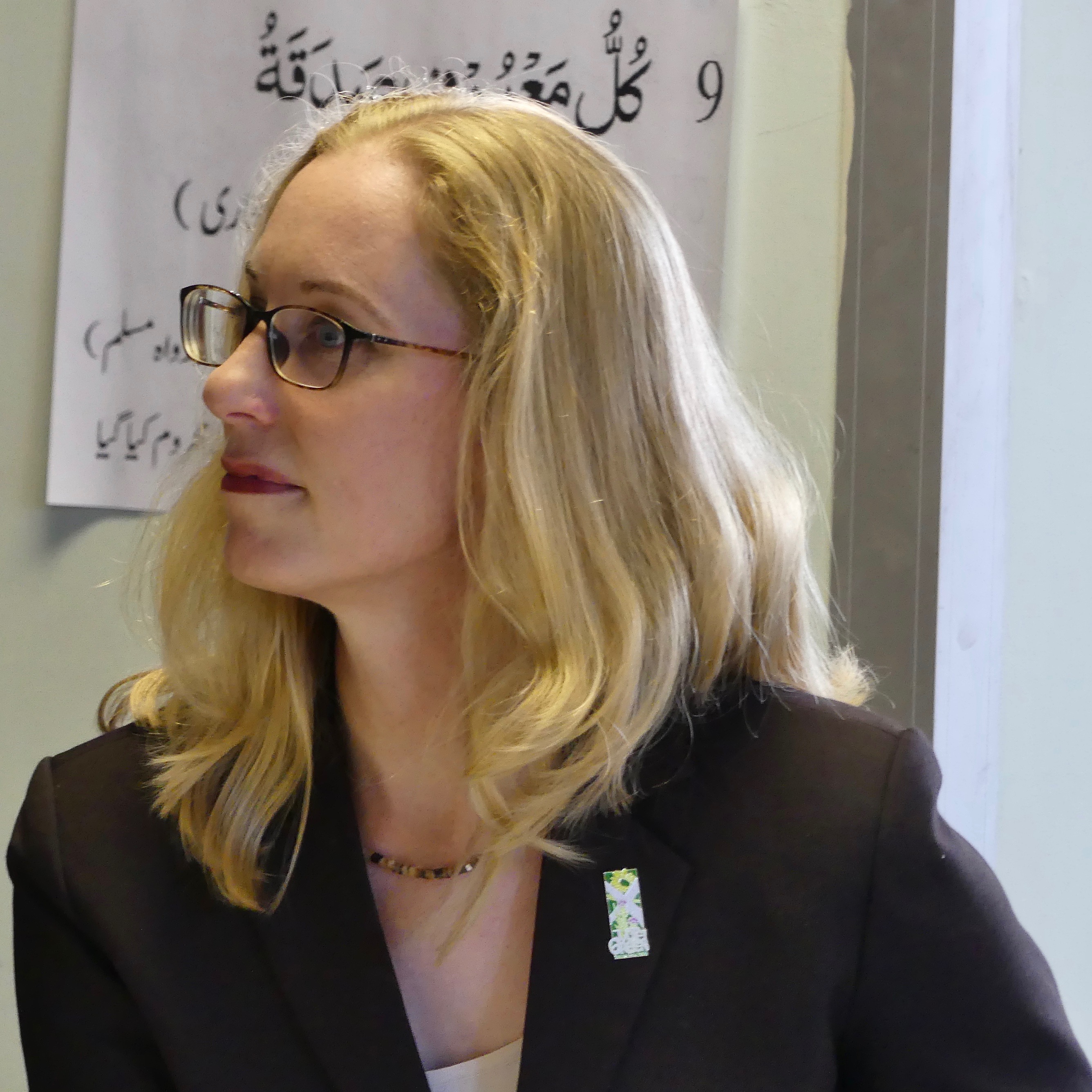
LS (right): Greens want an absolute ban on fracking in Scotland. Climate change is the greatest danger facing humanity. Short-term policies (like fracking) are irresponsible and reprehensible.
GM: Labour opposes fracking: ‘It’s just wrong and has been proven to be wrong’. To combat climate change, we should use the International Development Fund better, and invest £20b (out of £250b for the UK) in green technology.
DB: We can’t simply ban fracking in Scotland as there would be endless legal challenges. Instead, SNP has instituted a moratorium whilst taking an evidence-based approach to establishing future policy. Nicola Sturgeon remains to be convinced. Fracking would be geologically difficult and expensive in Scotland. Under SNP, Scotland has achieved 42% reduction in emissions target in just 6 years, and is now setting new targets – a great record. Conservative Government has harmed the renewables industry. SNP wants to take control of Scottish wind and wave resources away from Westminster.
MV: LibDems are against fracking, although, personally, my research makes me more favourable towards it. Current demands to cut carbon are excessive. We would bring in a new, more responsible energy policy. [Briefly muddled, too many simultaneous lines of argument, all of them inaudible.] Tory changes to funding of renewables research and tariffs have been a missed opportunity. We would restore support.
IM: Margaret Thatcher was the first world leader to raise climate change. Fracking is an opportunity, and the Conservatives are for it. SNP’s hypocrisy shown by their decision to import 40,000 barrels of shale gas a day over the next 15 years.
[Chair asks questioner whether they are happy with the responses. Questioner says: ‘I got the answers I expected’.]
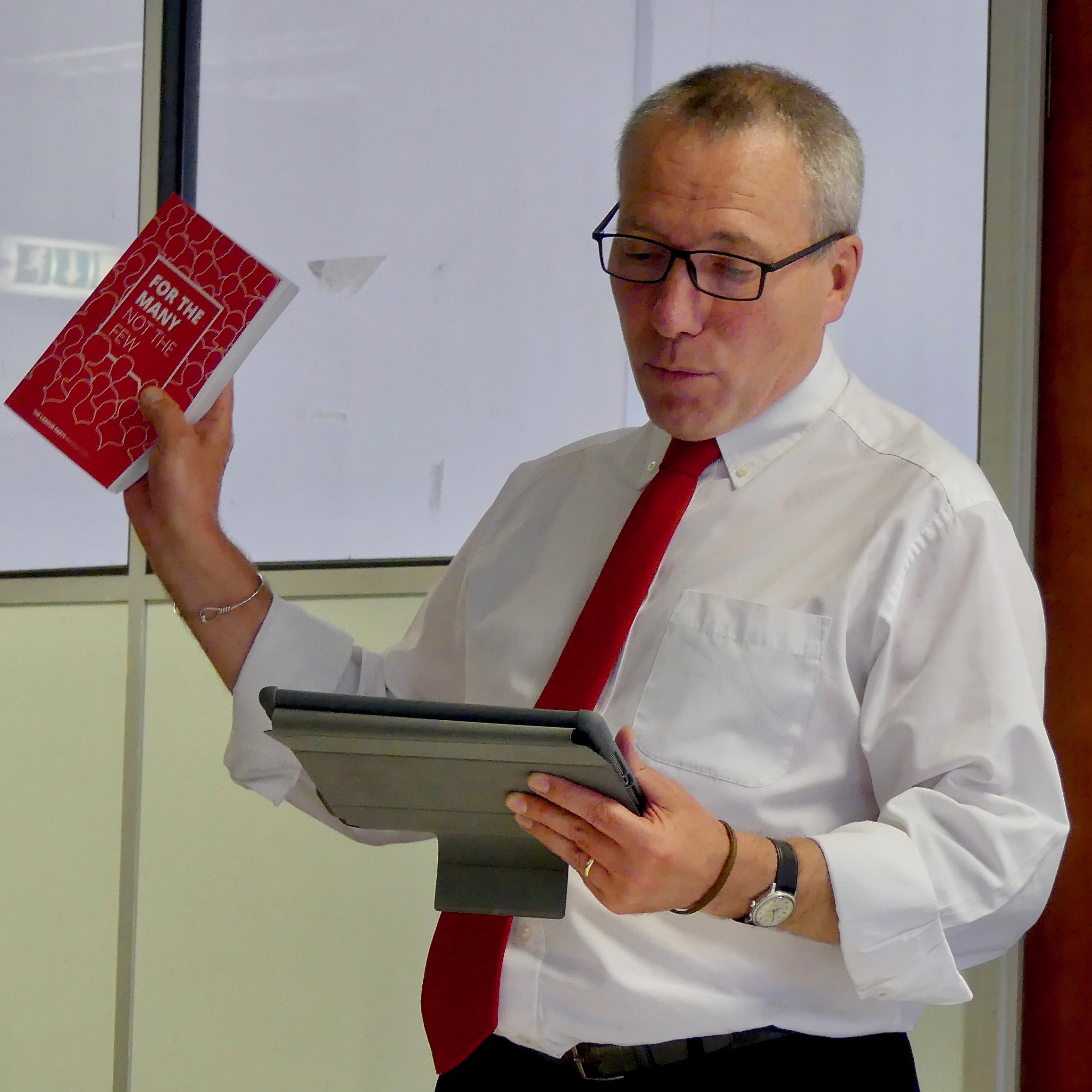
GM (right): I once met James Lovelock, author of Gaia, who favoured nuclear power as a last resort. I disagreed. There’s much we can do using efficient technology to reduce the need for it, but there has been a lack of political will.
MV: Two major problems with nuclear power are that: it can’t easily be switched on and off according to need; plutonium can be weaponised. In any case, uranium fuel source will run out in about 90 years. Thorium is a possible alternative fuel source that cannot be weaponised. Despite this, nuclear power is the only kind that Conservatives are prepared to subsidise.
LS: Greens are against nuclear power. Instead we support: renewables; community power generation (e.g. solar panels on public buildings); improving house efficiency, battery/wind/tide technology; reducing use of cars. Tories have reduced support for community power generation to support big corporations instead. [Loud applause.]
IM: Nuclear power must be part of the mix. New generation reactors are excellent, and will work well in a mixed basket with renewables.
DB: I agree with much of what LS just said. Tory policy has thrown a spanner in the works. SNP wants no new nuclear power stations, but will pragmatically extend life of existing ones while there is still a need. Meanwhile, investing in alternatives asap. IM is being disingenuous by not mentioning the Hinkley Point C debacle which will cost UK ‘billions and billions’.
[Brief spat ensues between IM and DB. IM says ‘I’m clear on need for new nuclear power stations. What’s disingenuous about that?’ DB says ‘Because you haven’t acknowledged real concerns over Hinkley C or lack of evidence for real success in new nuclear power stations’. IM says ‘I won’t take any lessons from the SNP on being over-budget or behind schedule’. MV chips in, saying Conservatives only interested in trading energy in the current marketplace rather than investing in renewables research and development.
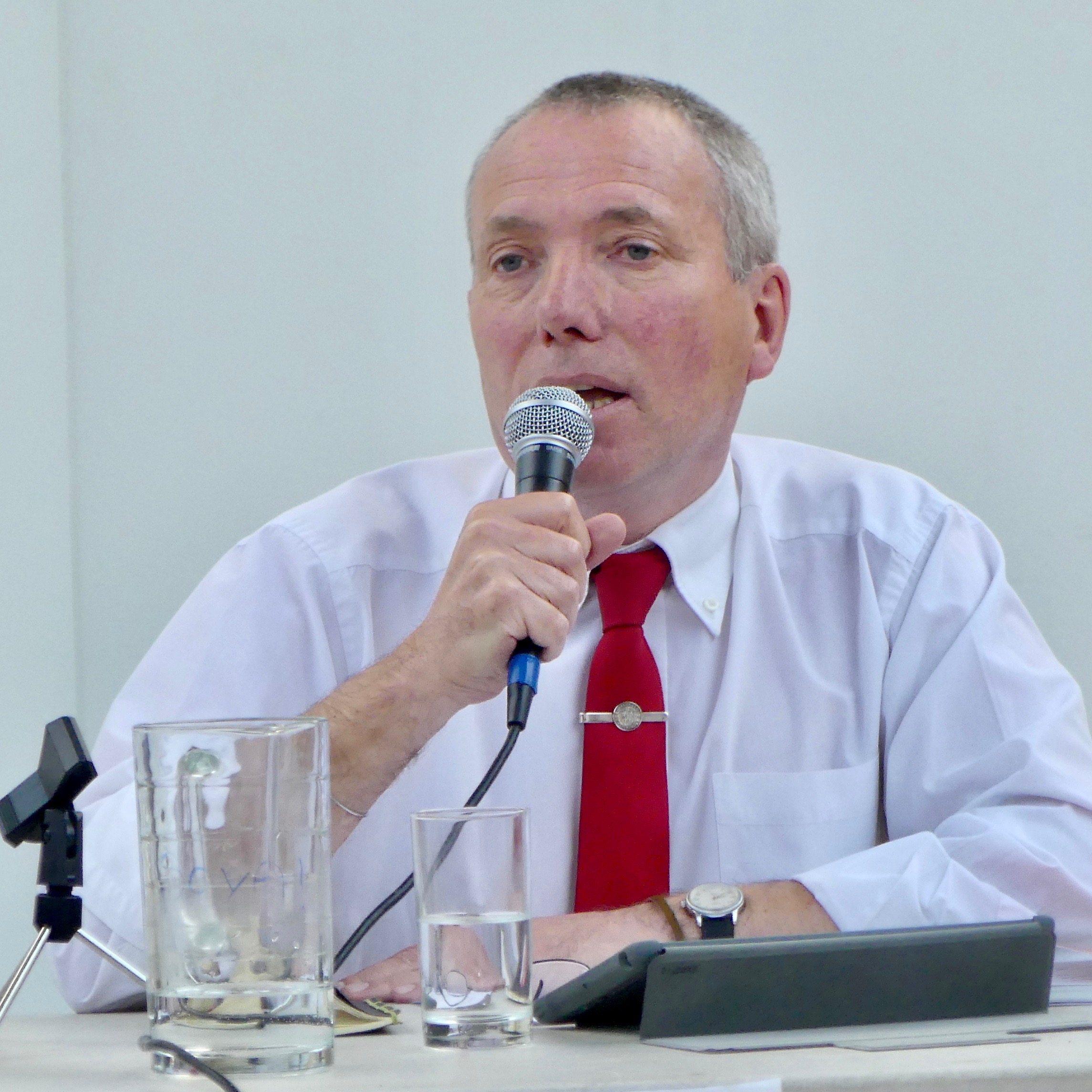
[Blank looks from all on the panel.]
GM: Labour Party has always promoted health on the way to work, and health at work. We are against a bonfire of regulations post-Brexit.
LS: All energy-generation industries take safety seriously. More relevant are the deaths caused and about to be caused by climate change and pollution.
MV: Agree with LS. Diesel should be replaced through electrification.
Question 4: Is vote for the SNP a wasted vote at this election? [Very similar question was asked next day, directed at DB with the addition of ‘Who would you rather see as PM – Theresa May or Jeremy Corbyn?’]
DB: SNP is the most effective anti-austerity opponent of Conservatives at Westminster. Corbyn is a ‘decent fellow’ but can’t lead his own party let alone a Government. SNP would be happy to support any party offering progressive policies.
IM: This election is a choice between Conservatives and SNP. SNP would back Labour in order to get a second Scottish independence referendum.
LS: ‘If you want to stay above the fray, vote for me!’
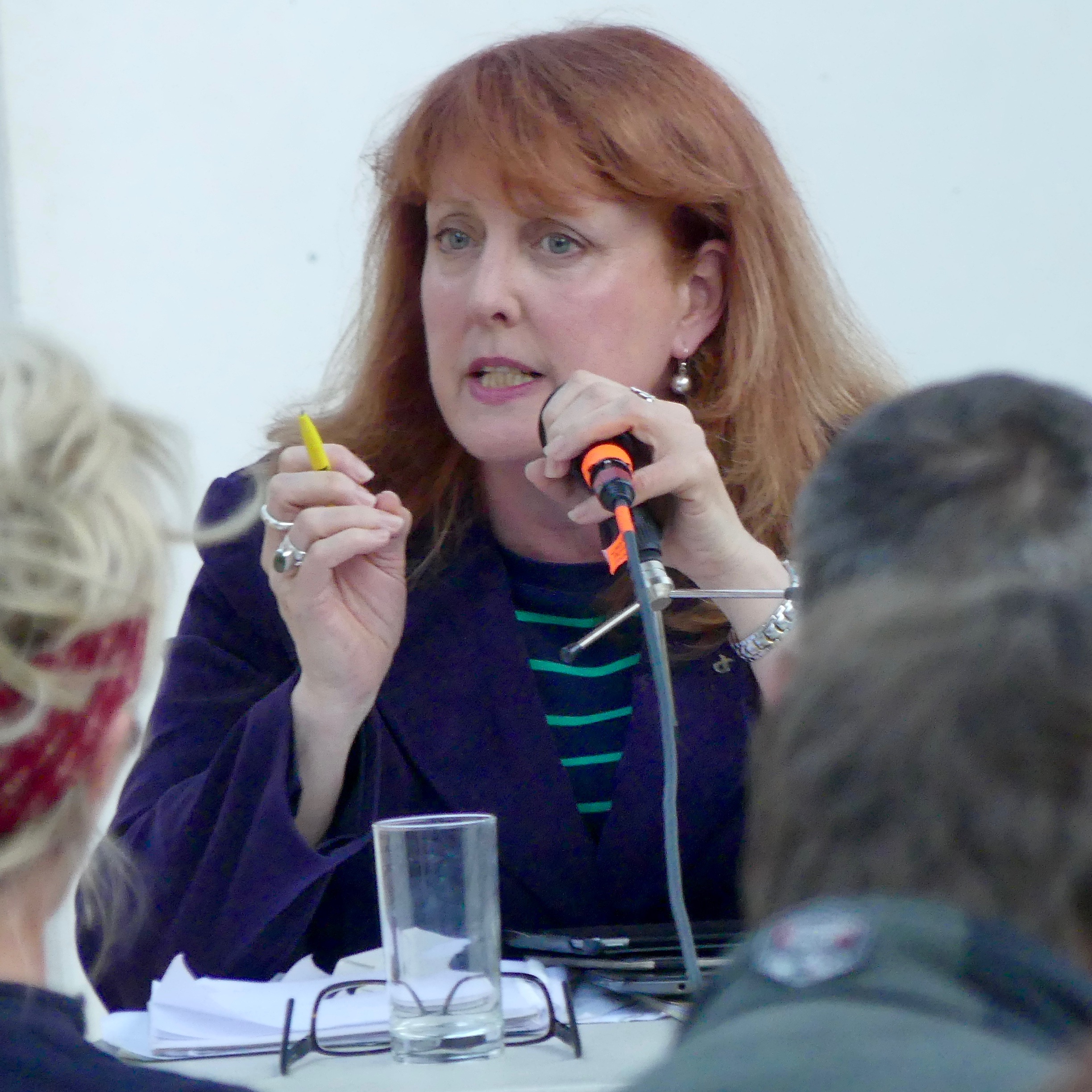
DB (right): SNP’s 2015 Manifesto promised second referendum in event of a material change in circumstances. UK-wide vote to leave EU is such a material change. Following 23 June vote, Nicola Sturgeon was first leader to offer clear support for free movement of people and Scotland’s place in the Single Market. Holyrood has already voted for a second referendum on independence – worrying that Labour and Conservatives choose to ignore that vote. At the very least, a strong showing for the SNP in this General Election would strengthen claims for a seat at the Brexit negotiations. Worrying prospect of European Union powers being returned to Westminster and not afterwards devolved to Westminster.
LS: Brexit decision was madness. Decision to abandon 27 European powers signed up to human rights and instead join small club including Trump, Erdogan and the Saudis. Terrifying prospect of welfare cuts in a post-Brexit tax haven for the super-rich. We favour second referendum on Scottish independence as a lifeboat from Brexit.
IM: Conservatives respect the result of the referendum on Europe: ‘A rare thing in Scottish politics’. The issue now is to negotiate Brexit, and decide who you think is best suited to lead that process.
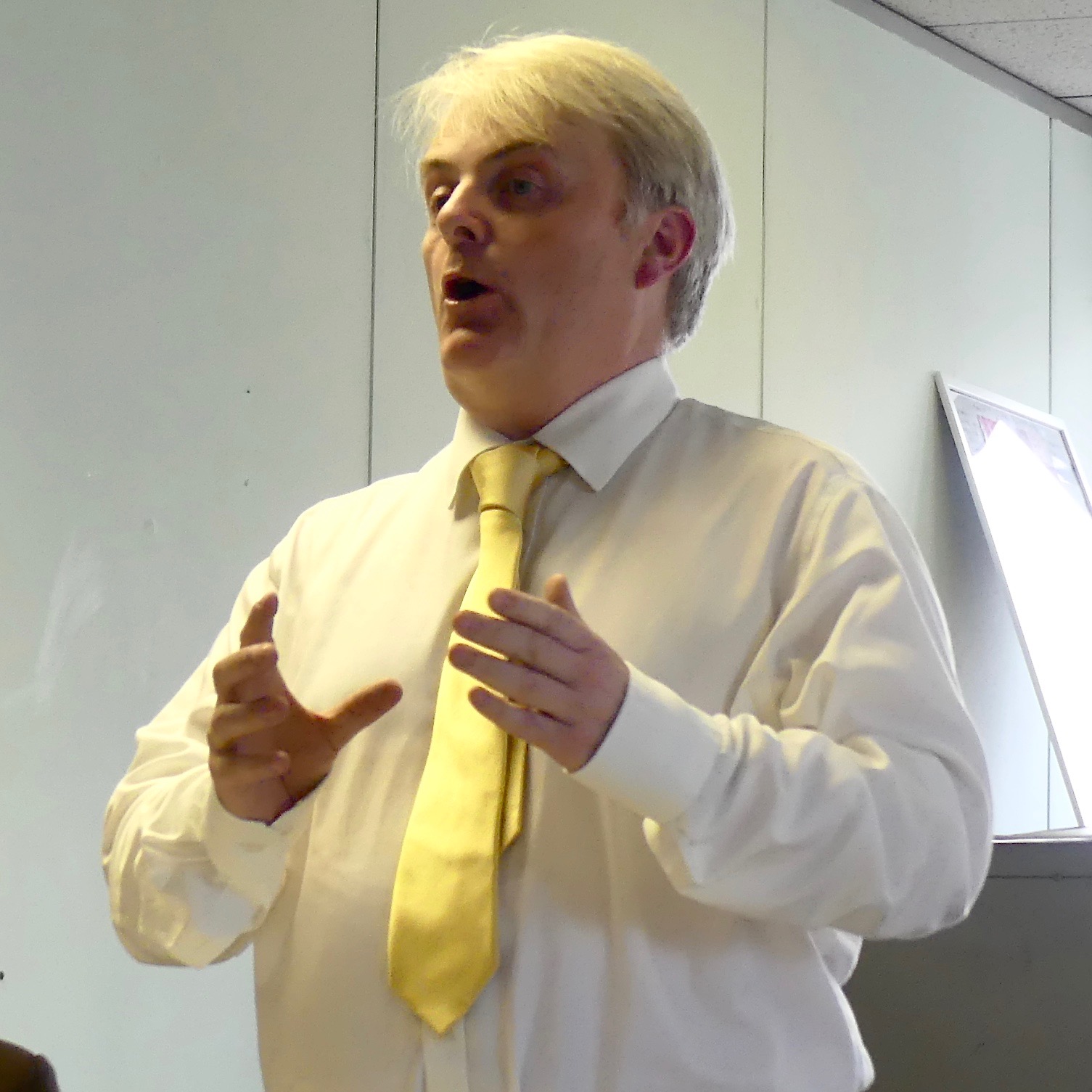
GM: We would guarantee the rights of EU nationals. We would negotiate better result than the ‘usual Tory chaos’ with Boris Johnson as Foreign Minister.
Heckler: ‘Will IM respect the result of previous elections and stop standing as a Tory candidate?’ Apart from anti-second referendum, not one policy in his locally distributed leaflet. Nothing on dementia, rape clause, fracking, ‘dementia tax’ … ‘Why should we vote for this man? He’s a one-trick pony.’
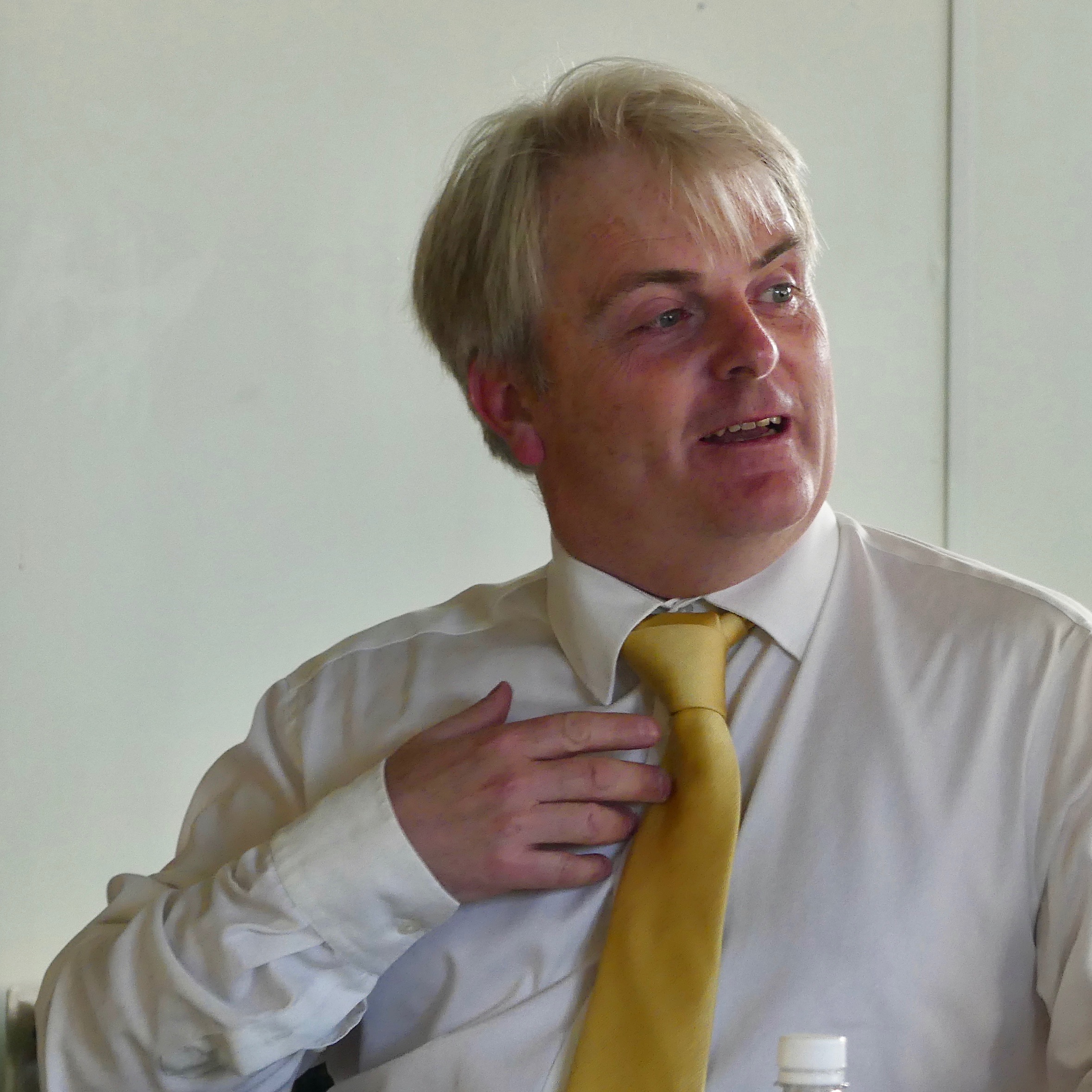
MV: I entered the benefits system after losing job in 2015. LibDems would improve the system and make it more generous in face of rising inflation. Would defend the triple-lock on pensions. Would support 18–20-year olds who need housing benefit. Not cut like Tories.
LS: The Scottish Greens are a socialist party. We would base benefits on need not theory. Better funding for local authorities.
IM: Conservatives are striving for welfare system that’s fair to those who claim and those who pay for it. Under the Scotland Act 2016, Holyrood has power to adjust benefit arrangements, but chooses not to do so in order to fuel a sense of grievance and division.
GM: SNP has asked for three-year delay in implementing the Scotland Act 2016, due to lack of political will. Rapid-fire summary of various ‘improvements and replacements’ for benefit policies, not least those concerning people with disabilities.
DM: That delay has been caused by need to dovetail Scotland’s new powers with very complicated system south of the border. Takes time to do it properly. SNP would like complete power over social security in order to ensure it’s as humane as possible.
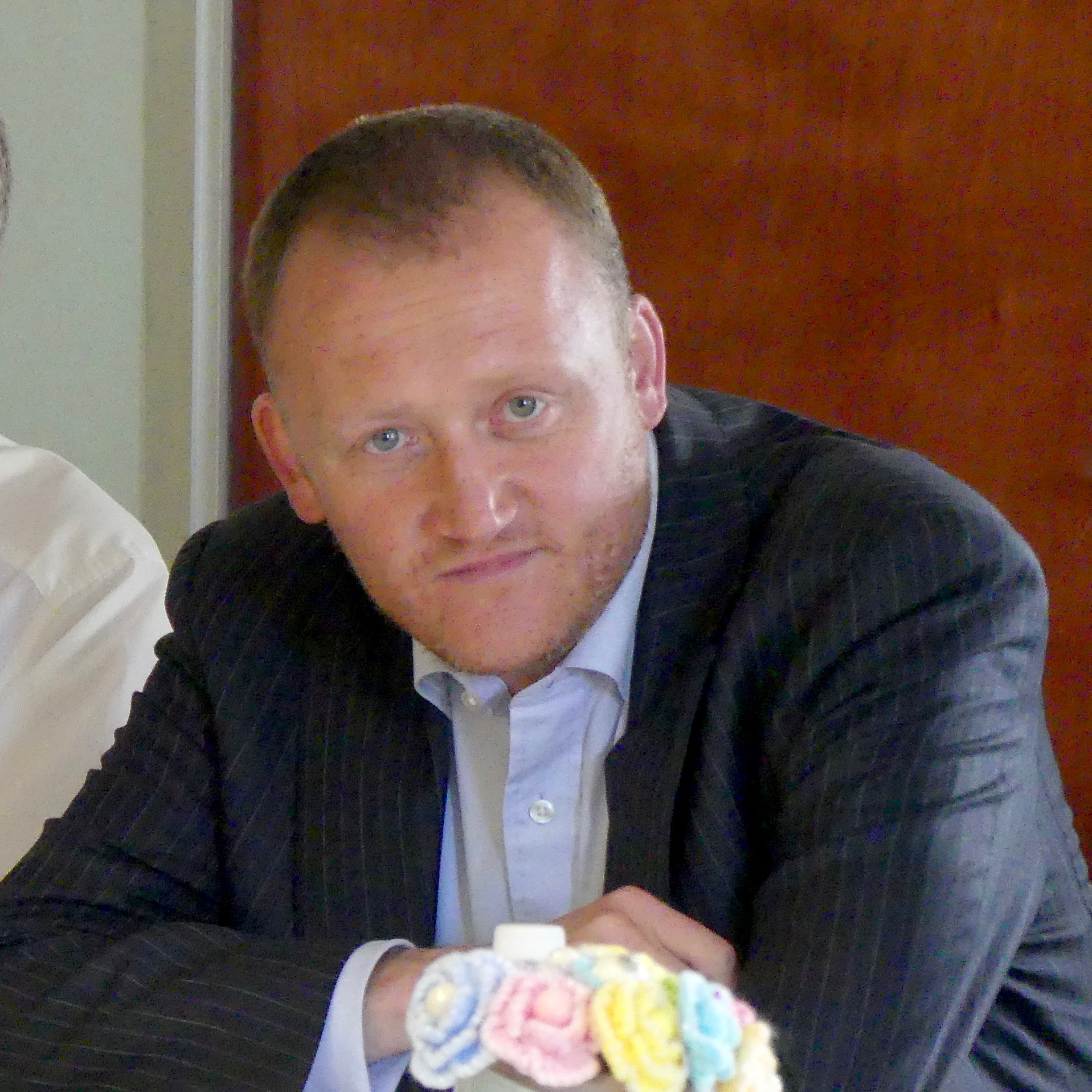
IM (right): There’s no excuse for hate crimes. Don’t see any connection to Thatcher. [Questioner had made some connection to Thatcher, only half-heard by Spurtle.]
DB: The SNP in Westminster has resisted Conservatives’ ‘brutal attacks’ on vulnerable disabled groups. Not aware of specific figures, but know situation is bad.
MV: Not aware of figures. Climate of hate set by tone of Conservative leadership. Theresa May as Home Secretary led the way by demonising immigrants. Hatred then spread. Brexit has lifted the lid. Unforgivable.
GM: IM has just given a human response. But he represents ‘an inhuman party’. Disabled people, LGBT people, women, ethnic minorities have all been disproportionately disadvantaged by Tory policies. Labour Party supports these groups.
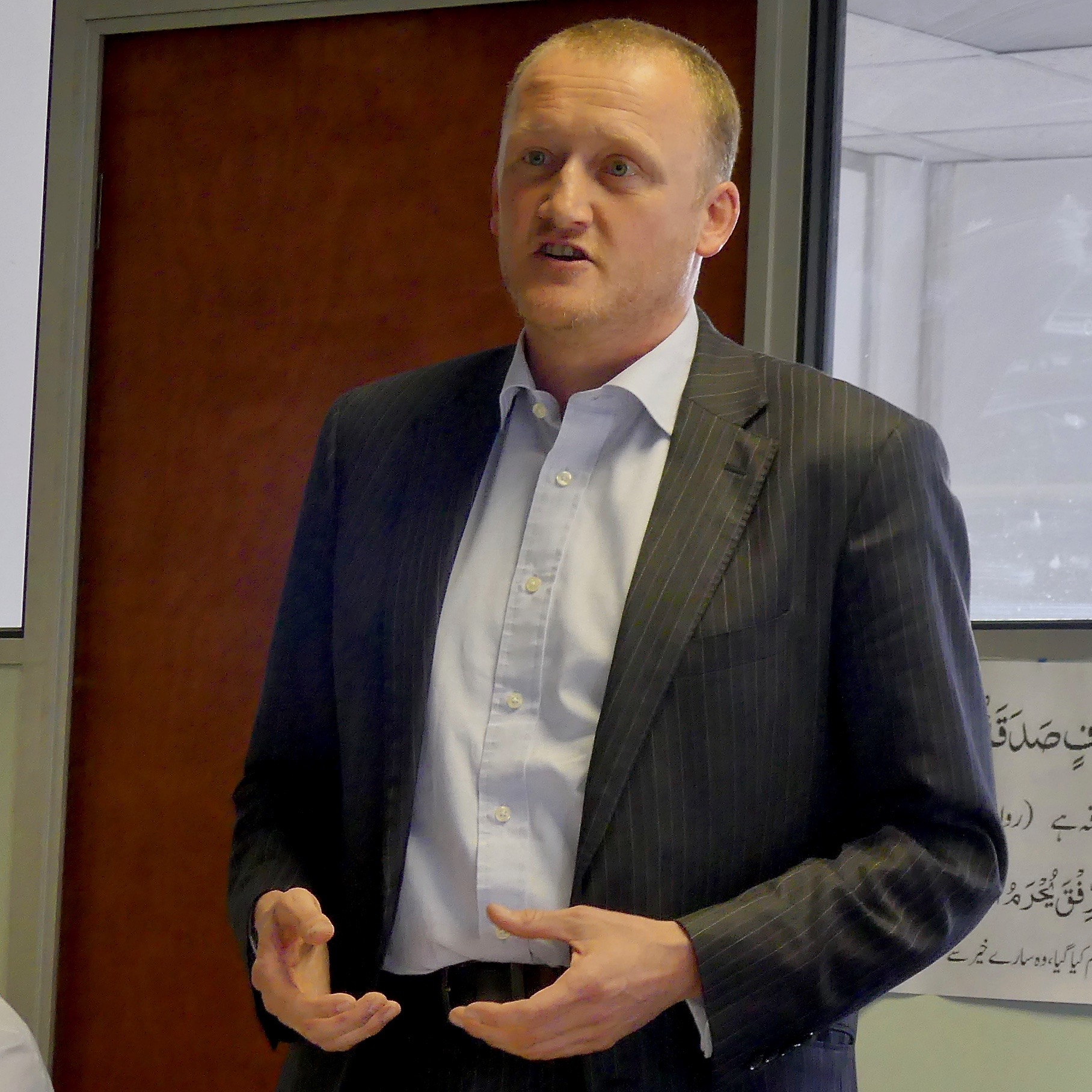
IM: Holyrood has powers to do something different. [Widespread, angry heckles.] We are committed to Universal Credit. [Heckler shouts ‘Shame on you!’. Widespread, sustained applause.]
GM: Universal Credit is too complicated. Wish Government would apply that level of tax to bankers.
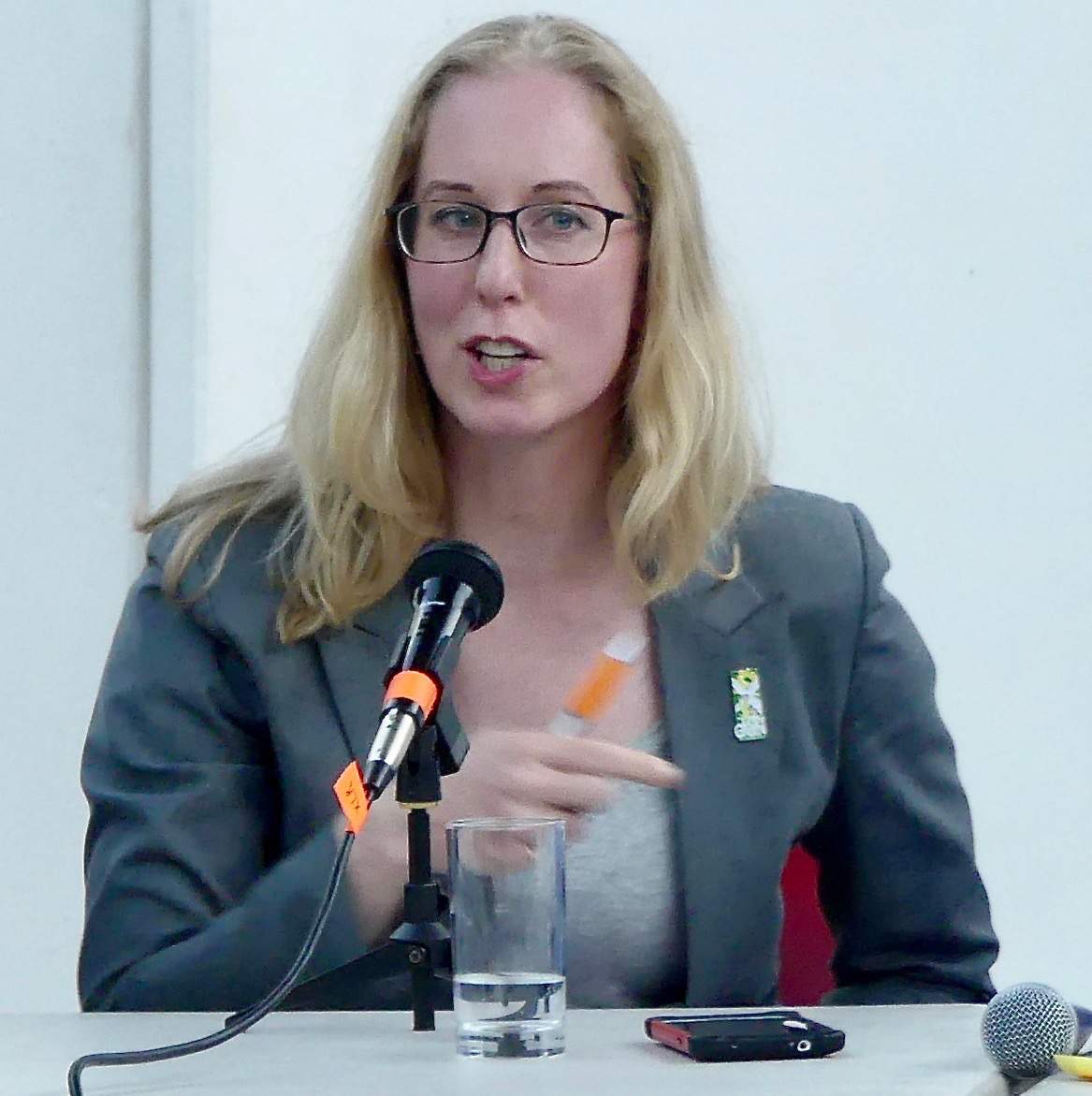
LS: It’s an ‘obnoxious policy’. Punishes the poor.
MV: Sledgehammer to crack a nut. Should be a presumption of trusting people.
GM: The real voter fraud is committed by billionaire tax exiles and liars. Only Labour has political will to tackle them.
DB: Horrible. Reminiscent of Trump.
IM: [Did not hear his response. Not sure if he got to make one.]
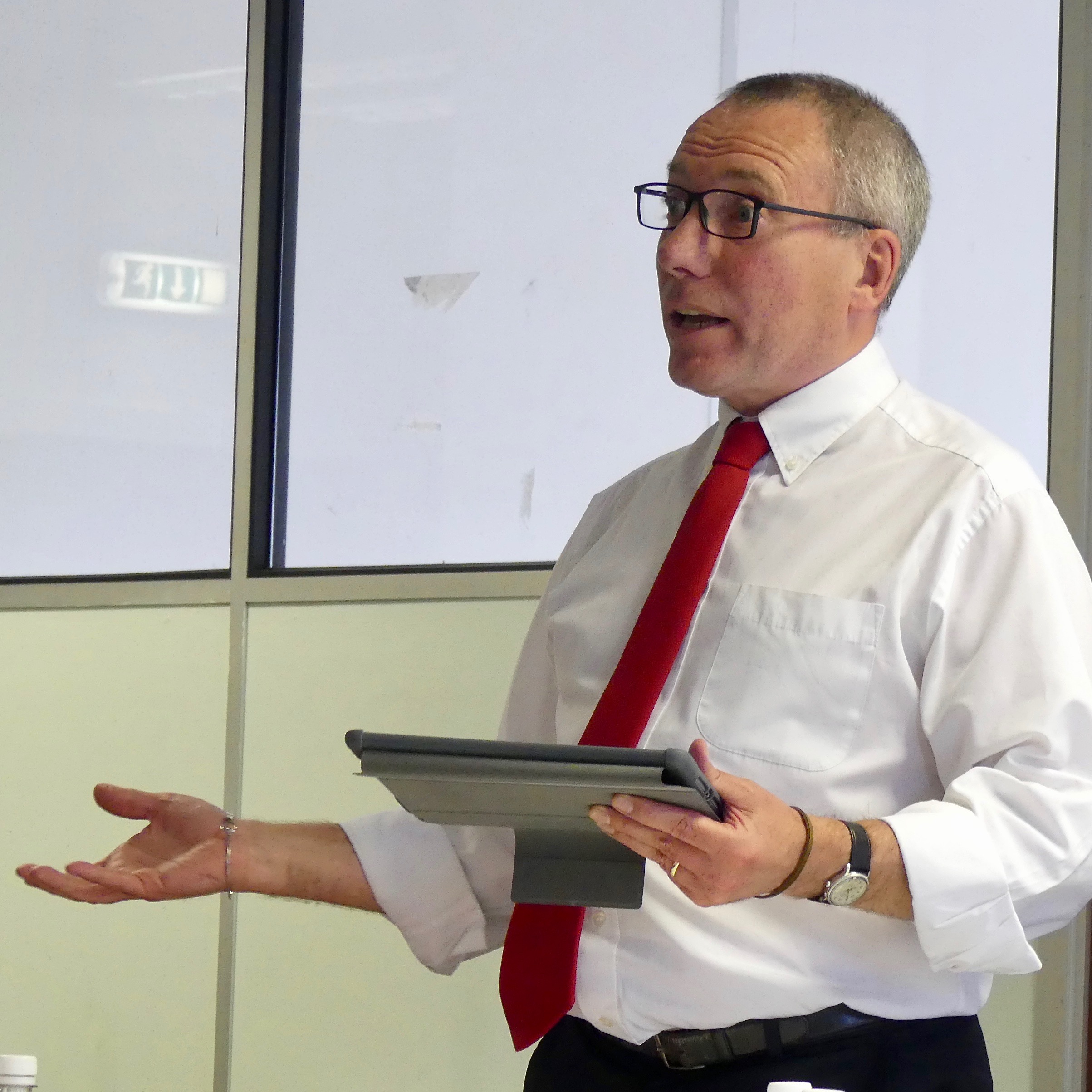
GM: Conservative policies lead to impoverishment and need reform. Over 2.5m women should be compensated for losses and offered transitional protections.
MV: Lost my career at age of 51. I know what it’s like. Automation will make matters worse for more people. Profits from automation should be taxed to help the displaced and jobless. Put an end to ‘pilfering from pensions’.
LS: Greens favour a universal basic income for everyone in addition to any earnings. In the meantime, offer transitional support.
DB: SNP is working hard to find solutions for what the Government privately recognises is a mess. UK Government has blocked SNP proposal to use National Insurance Fund.
IM: The pension system must be made sustainable. Currently based on unrealistically low 66 years life expectancy.
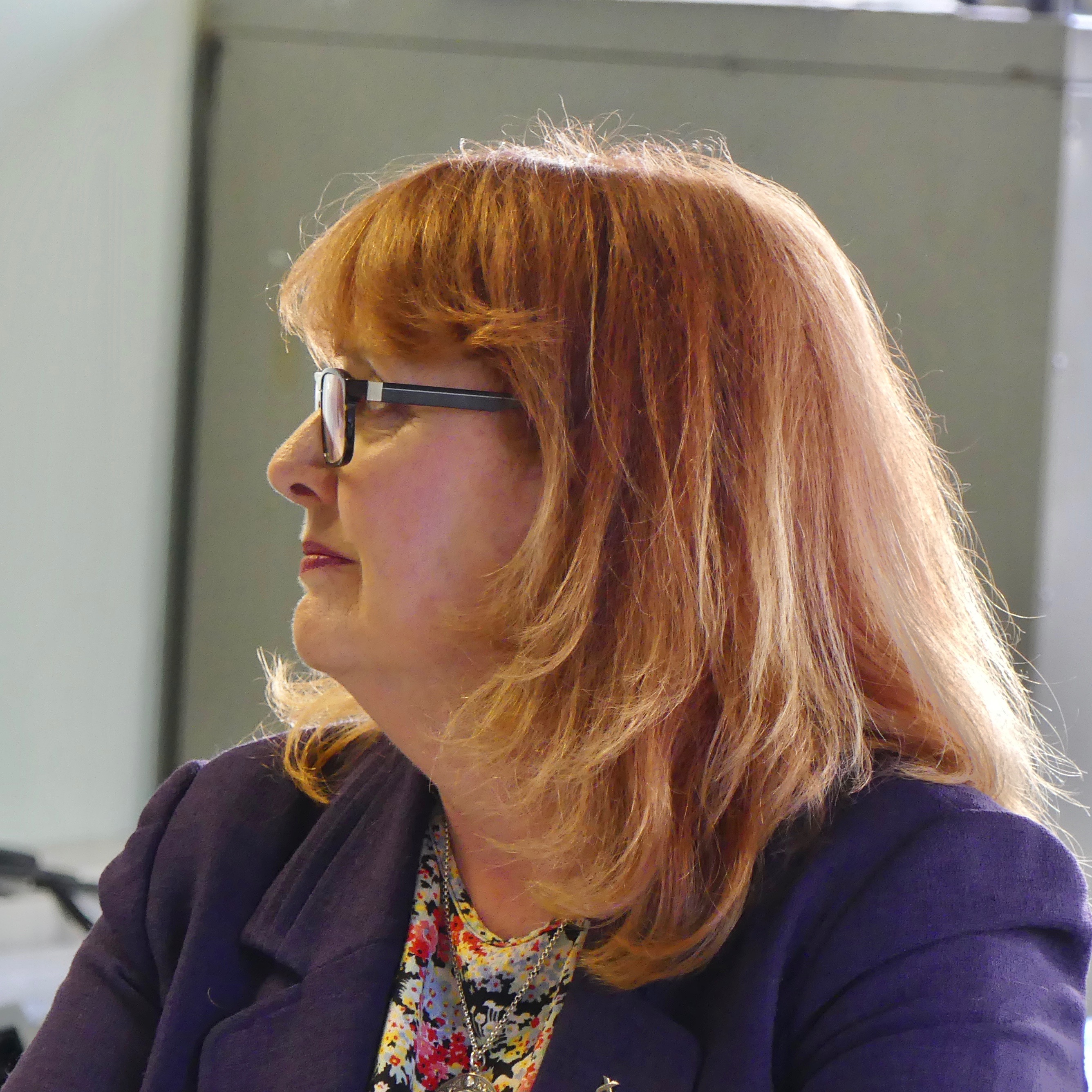
DB: In independent Scotland, SNP would scrap appallingly costly Trident (now estimated to cost £5b per year and up to £150b over 30 years). Labour and the Conservatives are ‘dedicated to Trident’.
GM: Contrary to party policy, I personally would ‘reduce the fleet’. Have long record of opposition to it. Favour multilateral disarmament instead.
IM: Conservatives are very committed to Trident and so am I. It’s important in terms of associated jobs and advantages of having an independent deterrent.
LS: Get rid of it with or without Scottish independence. End this addiction to old technology.
For an entertaining and thoroughly partisan running commentary on Monday night's hustings, by some of those who attended, go onto Twitter and search for the hashtage #LChust
[Top two photographs courtesy of Pete Morrison and Michael Traill.]
Got a view? Tell us at spurtle@hotmail.co.uk or @theSpurtle or Facebook